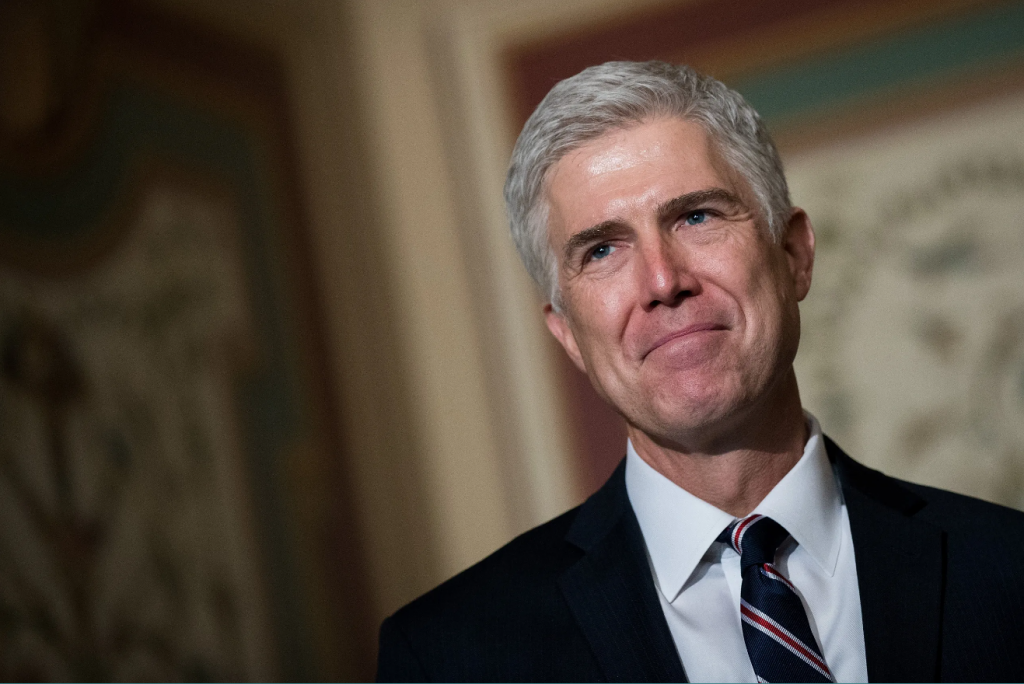
Greenberg Traurig CEO Brian Duffy has come under scrutiny for purchasing a property co-owned by Supreme Court Justice Neil Gorsuch just nine days after Gorsuch’s confirmation to the court in 2017.
According to a report by Politico, Duffy and his wife paid $1.825 million for the home in question, located on the Colorado River northwest of Denver. The property was co-owned by a limited liability company called the Walden Group, in which Gorsuch held a 20% interest.
Gorsuch disclosed in his financial disclosure forms that he made between $250,001 and $500,000 in income from the Walden Group, but did not disclose the reason for the income or identify the purchaser.
Since the property purchase, Greenberg Traurig has been involved in at least 22 Supreme Court cases, including cases in which the firm filed an amicus brief.
Duffy stated that he sought approval from his firm’s ethics department before making the purchase, and that he has never argued a case before Gorsuch, nor has he ever met or spoken with him.
However, Kedric Payne, director of ethics at the Campaign Legal Center, criticized Gorsuch for failing to disclose the name of the buyer and argued that the public has a right to know that justices comply fully with disclosure rules.
The purchase has raised concerns about potential conflicts of interest and the impartiality of Supreme Court justices.
Under federal law, Supreme Court justices are not subject to the same ethical requirements as other federal judges. However, they are expected to adhere to the Code of Conduct for United States Judges, which includes provisions for recusal when a justice’s impartiality might reasonably be questioned.
The Code also requires judges to disclose certain financial information, including sources of income, assets, and liabilities.
Critics argue that the Code does not go far enough to address conflicts of interest at the Supreme Court. Some have called for creating a formal ethics committee to oversee the conduct of Supreme Court justices and investigate potential conflicts of interest.
In recent years, the Supreme Court has faced increasing scrutiny over its handling of conflicts of interest. In 2019, Chief Justice John Roberts issued a statement defending the court’s handling of ethics issues after a series of high-profile cases involving potential conflicts of interest.
Roberts argued that the Code of Conduct provided “a comprehensive framework for addressing judicial ethics issues” and that the court took conflicts of interest seriously.
However, critics argue that the court’s current system for handling ethics issues is inadequate and that more needs to be done to ensure that the justices are held to the same ethical standards as other federal judges.
The controversy surrounding the property purchase by Duffy has reignited the debate over the need for stricter ethics rules at the Supreme Court. Some have called for greater transparency and disclosure requirements, while others argue for more robust enforcement mechanisms.
Ultimately, the fate of ethics reform at the Supreme Court may depend on the justices’ willingness to embrace greater transparency and accountability. As the court continues to grapple with high-stakes legal disputes, maintaining public trust in the judicial system’s integrity has never been more important.

